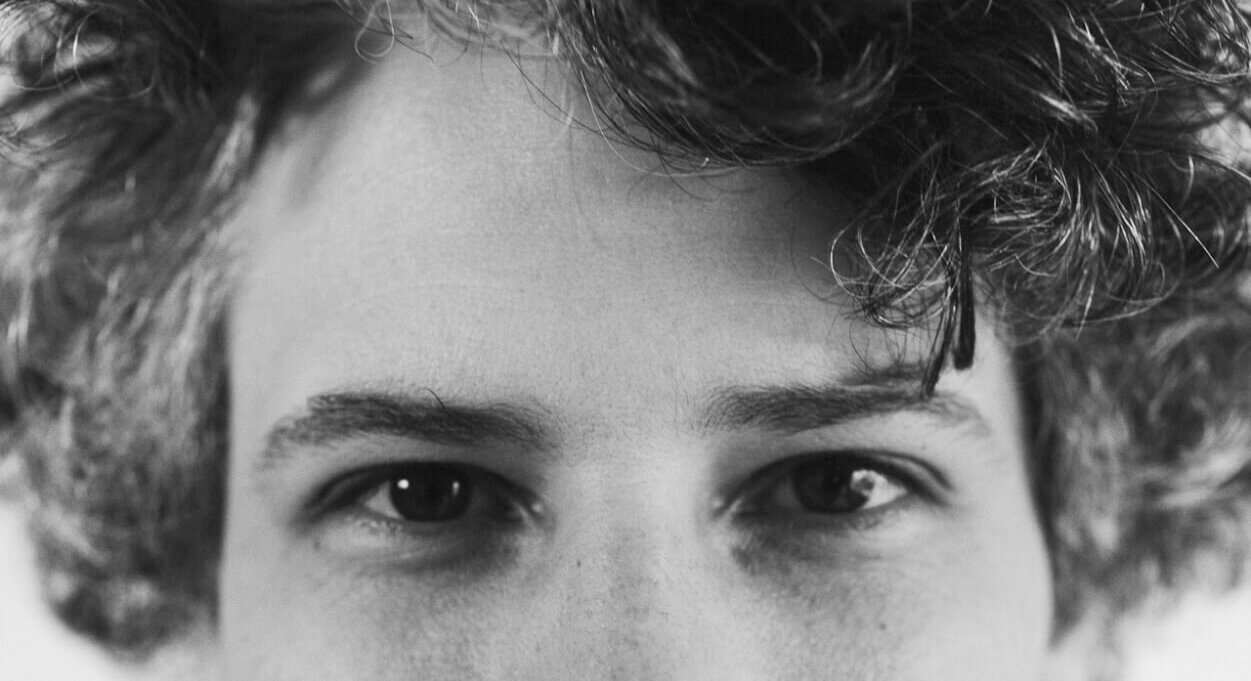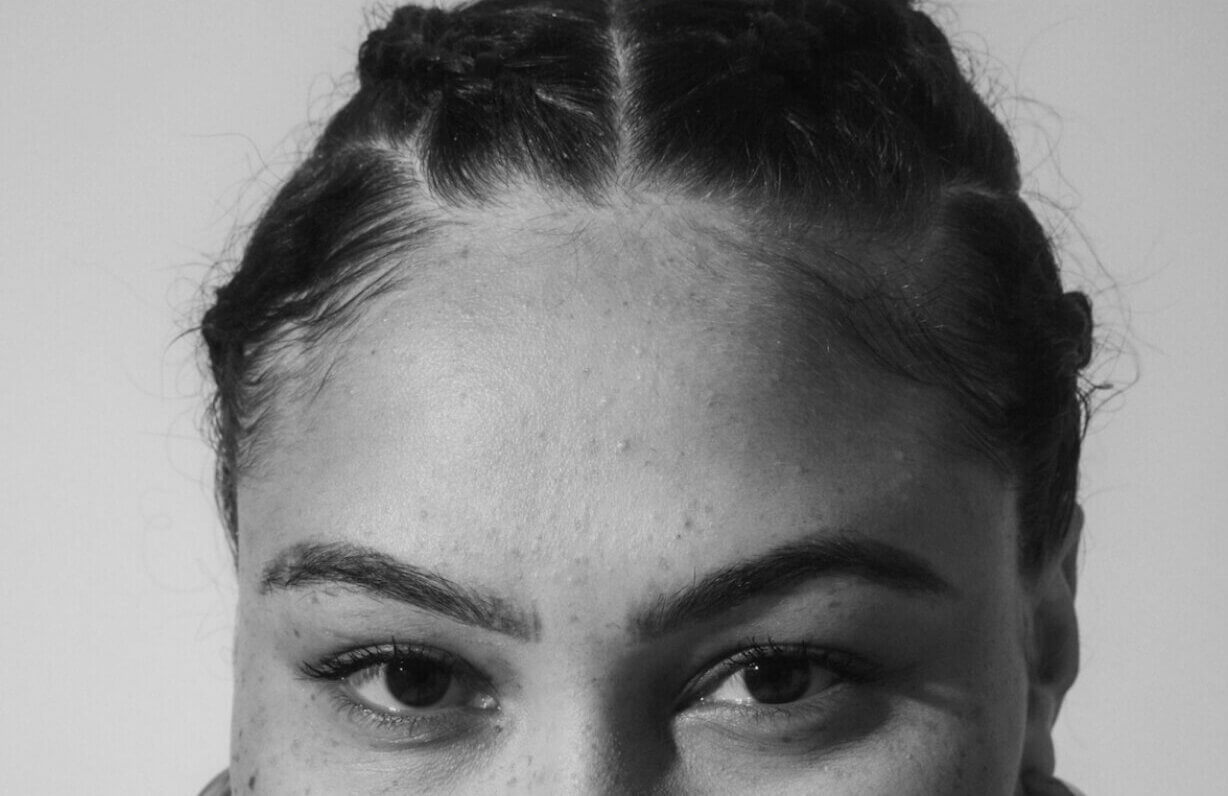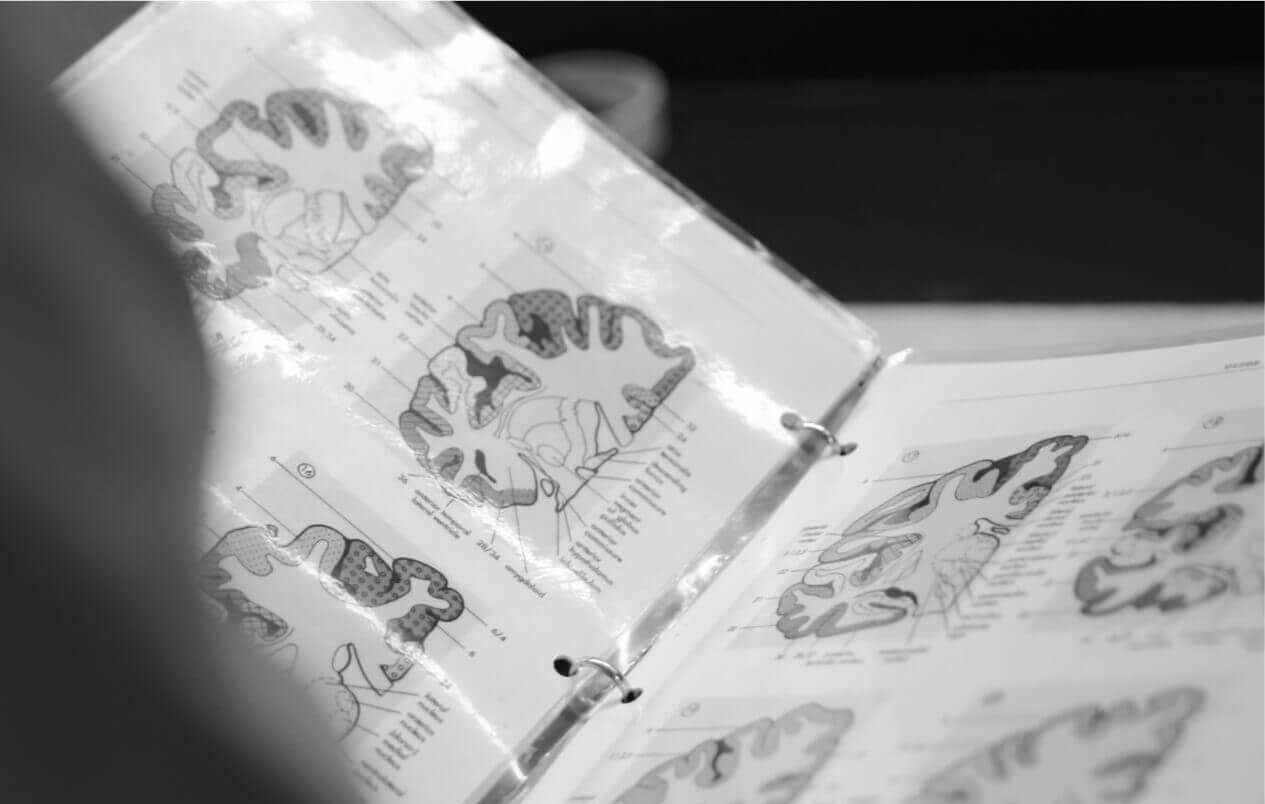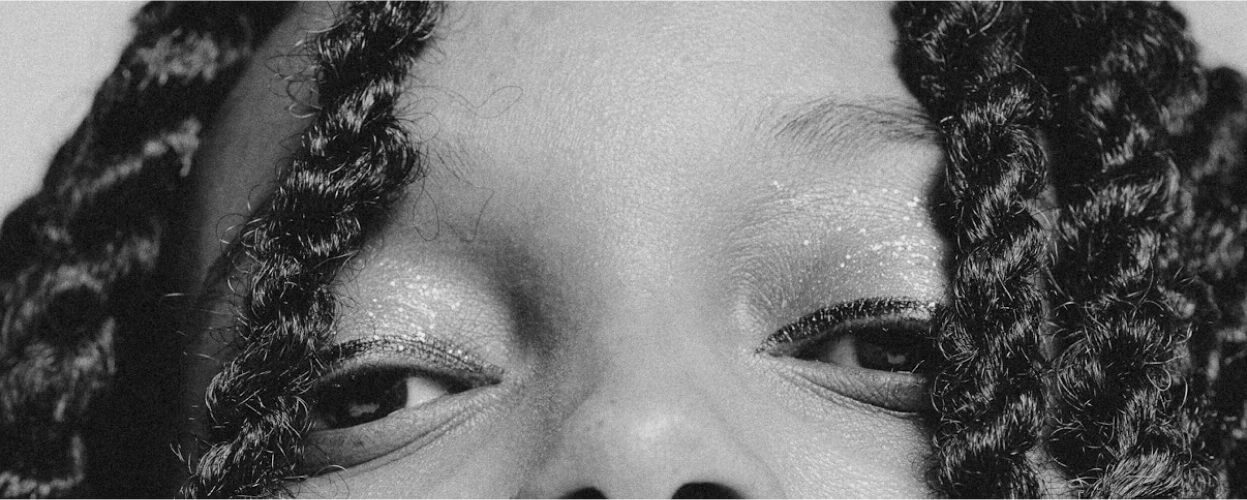I’m Doing it For Her
The following post was written by a father who chooses to remain anonymous. His decision to donate his brain was inspired by his daughter who had to wait way too long for a diagnosis. Neurological research using donated brain tissue will make a difference.
From an early age my daughter was unique. She showed her love for art and her creativity in many ways. There was the time that she outlined the furniture sitting against freshly painted walls with a black Sharpie and the time that she decorated two newly refinished stereo speakers with Blue’s Clues and Power Puff Girl stickers. The most memorable instance of my daughter’s creativity was when she took a Dinosaur paw print stamp and ink pad set that she got as a prize from Burger King and stenciled our freshly painted master bedroom with it. My daughter did such a good job stenciling the wall that my wife asked me if I had stenciled the walls. After I googled the word, “stencil”, my reply to my wife was, “seriously”?
My daughter struggled with many things. She could make friends easily, but the relationships didn’t last long. In school she had trouble following instructions. Once, a teacher asked her to check over her work. She promptly returned to her seat and drew a check mark over each question on the paper. This kind of literal interpretation was pretty common, but this was the funniest. She had “sensory” issues and was sensitive to light, color, loud noises, texture of clothing, texture of food and smells.
My wife was always concerned, but I mostly dismissed her concerns and said that our daughter was just being a kid. My wife shared her concerns with the Pediatrician at every visit, but never got a helpful response. When our daughter was ten my wife found information about Autism Spectrum Disorders (ASD) on the Internet. From the time that my wife learned of ASDs until we received a formal diagnosis of Asperger’s Syndrome from a Psychologist four more months had passed. It bothers me that It took ten years to consider that my daughter might be on the Autism Spectrum and then four months to get a formal diagnosis. Looking back, all the signs and symptoms pointed to ASD, so I wonder why it took so long for my daughter to be diagnosed. Sadly, I know that this is still happening to other children and their families.
Seven years have passed since my daughter was diagnosed with an ASD and I’m happy to say that she is doing great. She is able to maintain friendships, she communicates very well, she has learned to deal with her sensory issues and she is doing well in school. She has also learned to channel her creativity into art, crafts and jewelry making.
While I am grateful that my daughter is doing well, it makes me sad to think that people with ASD are not being diagnosed in a timely manner or at all. I think that effective and timely diagnosis is a big problem in the fight to understand and manage ASD. ASDs are clinically diagnosed based upon symptoms and behaviors rather than medically diagnosed by using laboratory or medical tests. Unfortunately, I understand that clinical diagnosis is the only way that many disorders of the brain can be diagnosed. Reliable laboratory and medical tests must be developed so that disorders of the brain can be diagnosed sooner and with certainty. In addition to providing diagnoses in a timely manner, the development of reliable medical tests will also improve the ability of doctors to prescribe the best interventions.
Recently, I learned that research using post mortem brain tissue has and will continue to lead to improved medical diagnoses and interventions for people with disorders of the brain. I also learned that continued improvement of diagnoses and interventions requires that brain tissue be readily available to researchers. So, I registered to donate my brain to the NIH NeuroBioBank via the Brain Donor Project. It makes me feel good to know that I’m doing something that will help others. I think that donating will make you feel good too, so please consider registering to donate via the Brain Donor Project.



